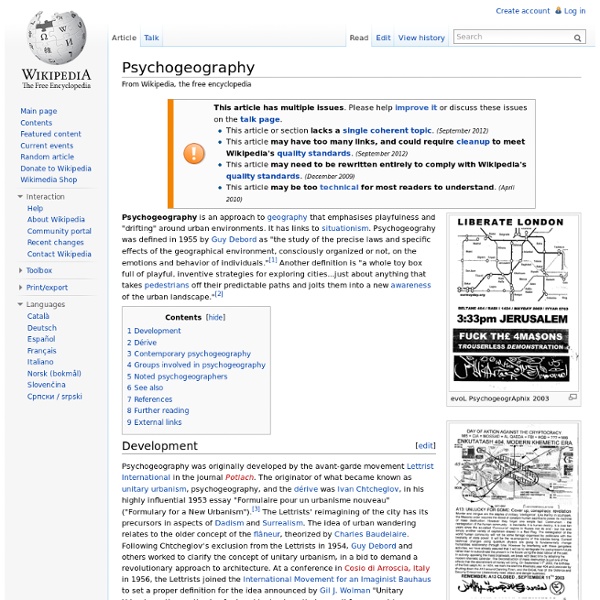Psychogeography

Kensho
Studying How Humans Make Decisions
By Marlene Cimons, National Science Foundation You start your car and the "check engine" light comes on. No big deal. It’s not the first time it’s happened, and the auto shop never found anything wrong with it before. So you decide to ignore it. Or: you’re walking down a dark street late at night, and see a shadow behind you. Scientists are very interested in the process you go through while making real-world decisions such as these, because they involve using both "sensory" evidence—you see the engine light come on, or the shadow behind you—and "top-down" signals, that is, information based on prior experience, or knowledge. "For example, imagine you are on the coast between two points where there are two lighthouses that are sometimes lit and can just be seen from the shore," said Dorion B. "They may be obscured by fog," he continued. Researchers want to better understand how the neural circuits work when people produce these responses, particularly through visual perception.
"Everything passes", a natural balance of good and evil: Psychologists warn that therapies based on positive emotions may not work for Asians -- Science of the Spirit
Thinking happy thoughts, focusing on the good and downplaying the bad is believed to accelerate recovery from depression, bolster resilience during a crisis and improve overall mental health. But a new study by University of Washington psychologists reveals that pursuing happiness may not be beneficial across all cultures. In a survey of college students, Asian respondents showed no relationship between positive emotions and levels of stress and depression. For European-American participants, however, the more stress and depression they felt, the fewer positive emotions they reported. The study indicates that psychotherapies emphasizing positive emotions, which can relieve stress and depression in white populations, may not work for Asians, who make up 60 percent of the world population. "If we are to relieve some of the trauma from the tsunami and earthquakes, we have to be careful of imparting Western therapies," said Janxin Leu, UW assistant professor of psychology.
FEATURE-Scientist seeks to banish evil, boost empathy
Related:
Related:



